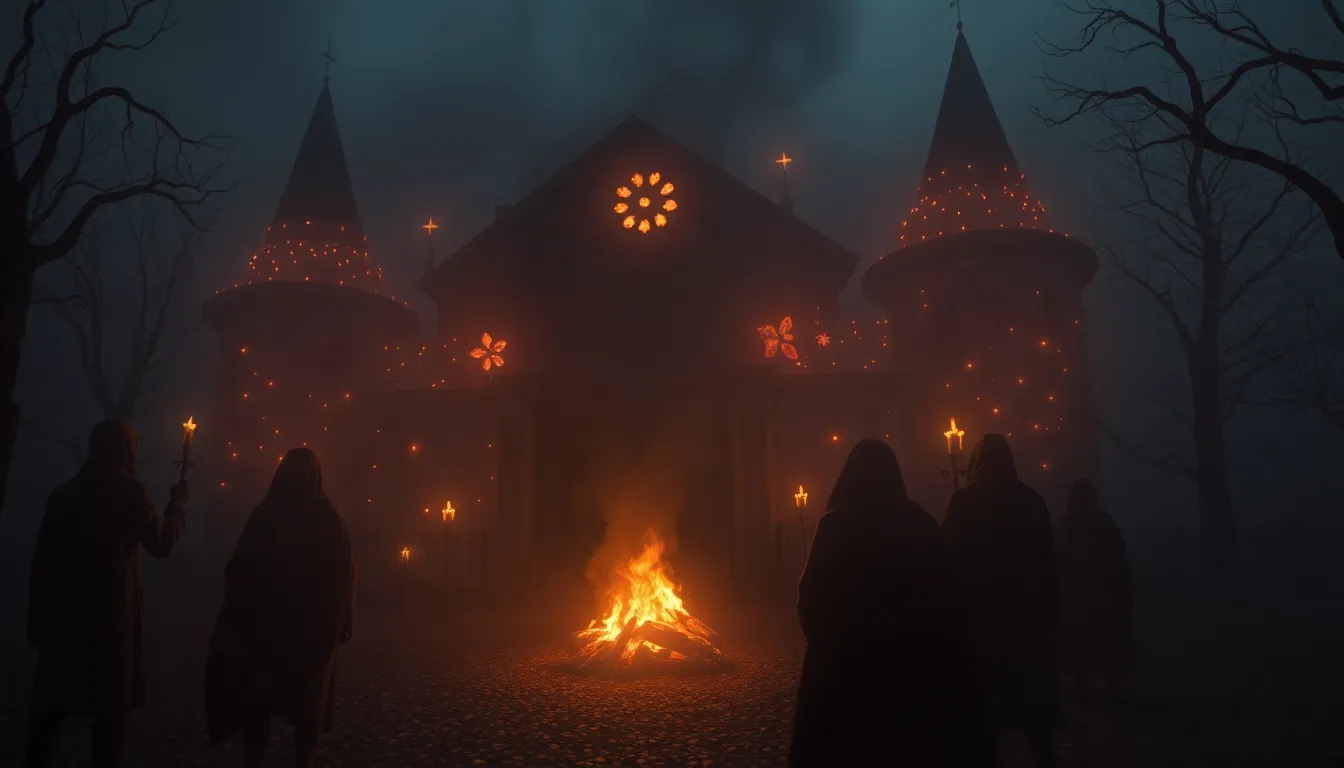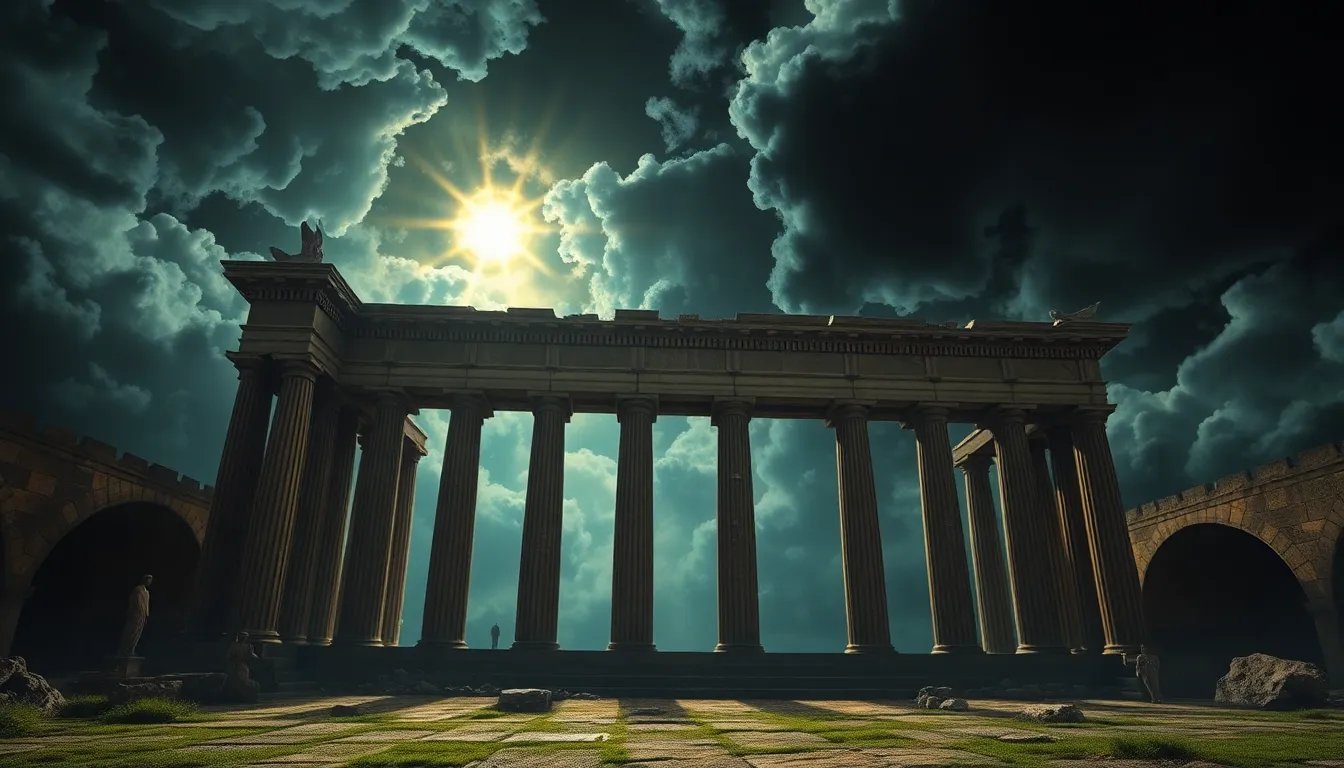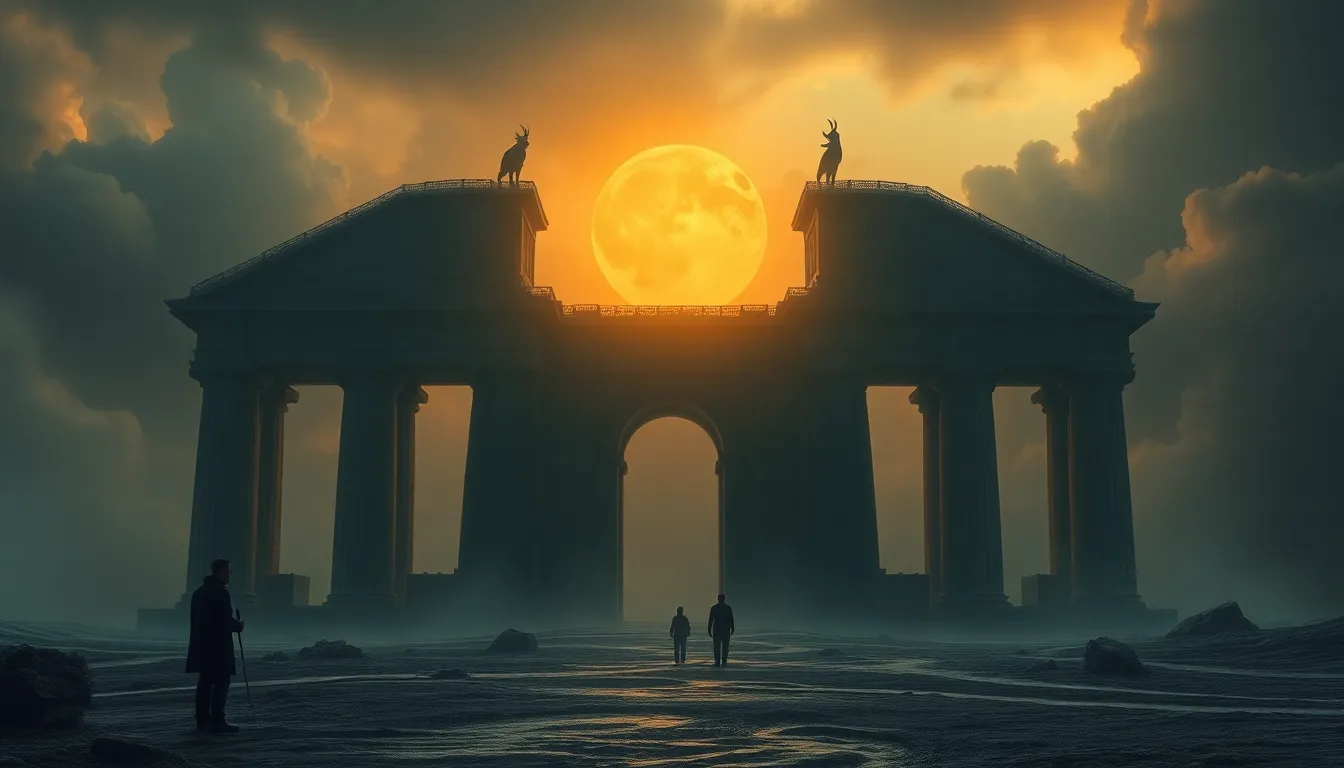Cursed Traditions: The Dark Side of Our Celebrations
1. Introduction: Understanding Cursed Traditions
Cursed traditions refer to cultural practices that, while celebrated publicly, harbor dark histories or implications that are often overlooked. These traditions can embody violence, sacrifice, or other morally questionable elements that were once integral to their origins.
Celebrations are typically seen as joyous occasions, yet there is a dual nature to many of these events. At times, they mask underlying issues or uncomfortable truths about our past. It is essential to explore the implications of these traditions to understand their full context and impact on contemporary society.
2. Historical Context: The Origins of Dark Celebrations
Many modern celebrations have their roots in ancient rituals, some of which were steeped in sinister undertones. For example, numerous harvest festivals included sacrifices to appease deities and ensure a bountiful crop. These practices, while seemingly benign today, were often associated with violence and fear.
Case studies of traditions such as:
- The Aztec Festival of Toxcatl, which involved human sacrifice.
- The ancient Roman Saturnalia, which included revelry that sometimes turned violent.
- The Celtic Samhain, a festival that blended the celebration of the harvest with customs that honored the dead.
Over time, many of these practices evolved into modern celebrations, stripped of their violent components, yet echoes of their dark origins remain.
3. The Role of Folklore and Mythology in Shaping Cursed Traditions
Folklore and mythology play a pivotal role in the development of celebratory practices. These stories often incorporate moral lessons, societal norms, and historical events that shape cultural identity.
For instance, myths surrounding figures like Hades in Greek mythology influenced the way certain cultures view death and the afterlife, which in turn affects how they celebrate festivals like Halloween.
Such stories can perpetuate harmful behaviors and beliefs, including:
- Romanticizing violence as a means of achieving prosperity.
- Normalizing exclusionary practices against certain groups.
- Encouraging fear-based rituals under the guise of respect for tradition.
4. Cursed Traditions Across Cultures: A Comparative Analysis
Cursed traditions exist worldwide, each with unique practices that reflect local beliefs and histories. This section highlights both similarities and differences among various cultures:
- Dia de los Muertos (Mexico): A celebration that honors deceased loved ones but is rooted in the rituals of ancient Mesoamerican cultures.
- Krampusnacht (Austria): A night where Krampus, a horned figure, punishes misbehaving children, blending festive joy with fear.
- Chinese Ghost Festival: A time to honor ancestors, which also brings cautionary tales of neglecting familial duties.
Each tradition serves as a lens through which to view the cultural significance and the impact these celebrations have on community identity.
5. The Psychological Impact of Celebrating Cursed Traditions
Engaging in cursed traditions can have profound psychological effects on participants. The interplay of guilt, fear, and societal pressure often results in cognitive dissonance, where individuals struggle to reconcile their enjoyment of a celebration with its dark origins.
Key psychological impacts include:
- Feelings of guilt associated with participating in harmful practices.
- Fear stemming from the ominous aspects of certain traditions.
- Societal pressure to conform to traditional practices, despite personal discomfort.
6. Modern-Day Celebrations: When Tradition Meets Controversy
In contemporary society, several celebrations have sparked public backlash due to their origins or practices. The rise of social media has amplified these discussions, allowing voices to emerge that call for change.
Case studies include:
- The debate over the appropriateness of Halloween costumes that perpetuate stereotypes.
- Public outcry against the practice of bullfighting in Spain.
- Calls for the reevaluation of Thanksgiving in North America due to its colonial connotations.
These examples highlight the role of social media in bringing awareness to the issues associated with various celebrations.
7. The Ethical Dilemma: Balancing Tradition and Morality
The tension between honoring cultural heritage and addressing ethical considerations is a complex issue. Anthropologists and ethicists often provide valuable perspectives on this dilemma.
Strategies for reconciling tradition with modern values include:
- Engaging in open dialogues within communities.
- Incorporating educational components to raise awareness about the darker aspects of traditions.
- Promoting alternative practices that respect cultural heritage while ensuring ethical considerations are met.
8. Rituals of Resistance: Reclaiming Cursed Traditions
Some communities are actively working to reinterpret or transform their dark celebrations. Activism plays a crucial role in reshaping these cultural practices, allowing societies to celebrate their heritage positively.
Examples of this include:
- Communities that have redefined Halloween to focus on community bonding rather than fear.
- Efforts to honor the ancestors during Dia de los Muertos without the associated fear of death.
- Festivals that highlight local culture and history while addressing past injustices.
9. The Future of Celebrations: Evolving Traditions in a Modern World
As we move forward, cursed traditions may adapt or fade in response to globalization and multiculturalism. The importance of conscious celebration cannot be overstated, as individuals are called to make informed choices about the traditions they wish to uphold.
Predictions for the future include:
- A shift towards more inclusive celebrations that honor diverse perspectives.
- Increased awareness of ethical implications leading to the decline of certain practices.
- Emergence of new traditions that focus on healing and community building.
10. Conclusion: Reflecting on the Dark Side of Our Celebrations
In conclusion, the exploration of cursed traditions reveals a complex tapestry of human experience. While these celebrations often bring joy, they also carry the weight of their histories, prompting us to reflect on the darker aspects of our cultural practices.
By understanding the implications of these traditions, we can strive to create celebrations that honor our past while fostering a more ethical and inclusive future.



